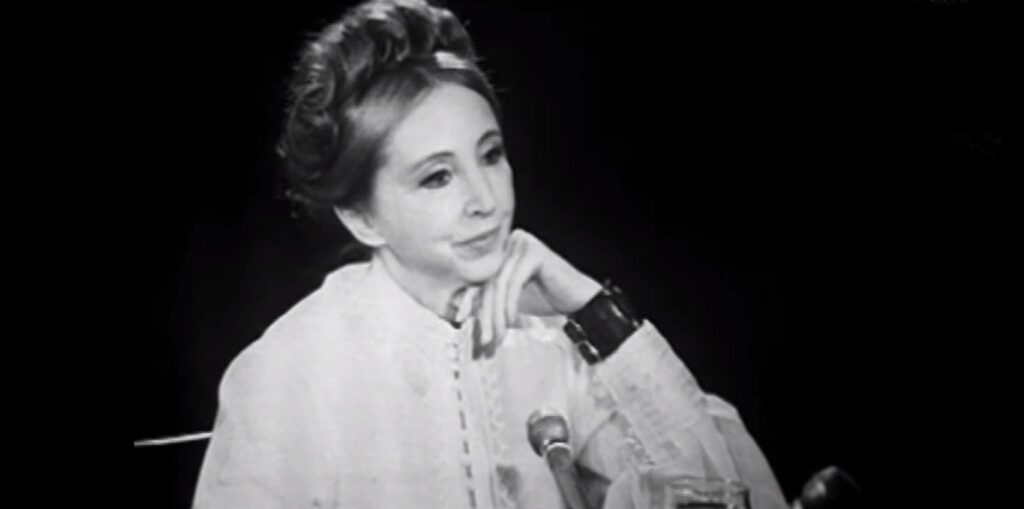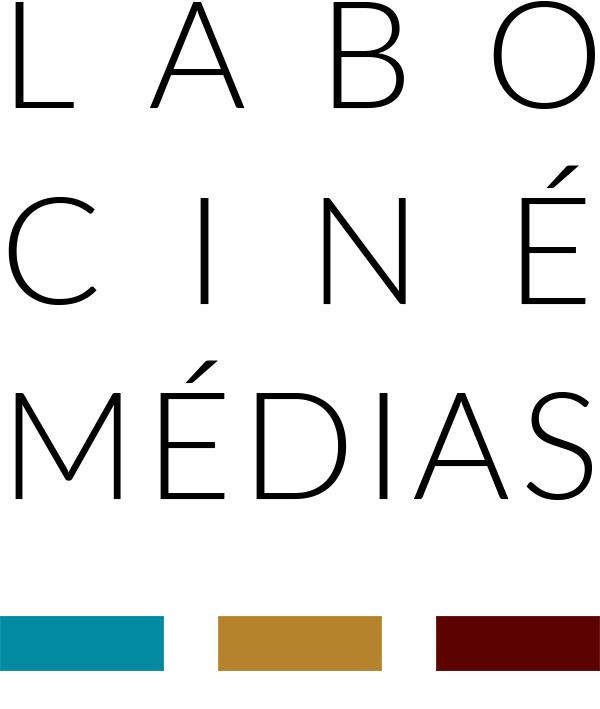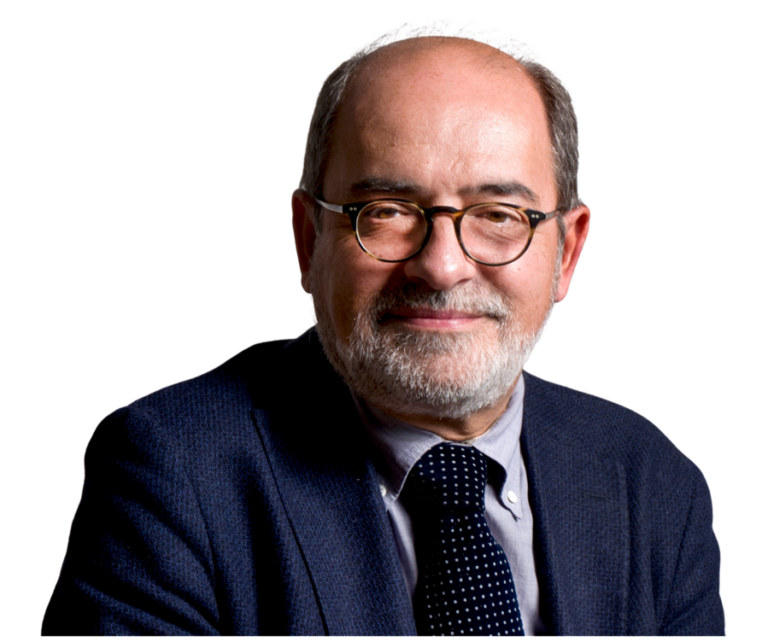The documentary platform Tënk teamed up with Laboratoire Cinémédias to present a program of Radio-Canada television archives.

Olivier Du Ruisseau
Debates around the funding of the Canadian Broadcasting Corporation (CBC) and its French-language arm Radio-Canada have resurfaced over the past few years, at the same time as numerous studies show that there has been a loss of confidence in traditional media by the public as political polarization across the country is exacerbated.
Some people wish to get rid of or reduce funding to the Crown Corporation, while others believe that it plays an essential role in the Canadian media ecosystem at a time when traditional television is facing fierce competition from online streaming platforms.
To champion the mandate of the public broadcaster and television’s ability to “stimulate collective reflection” in this context, Naomie Décarie-Daigneault, the artistic director of the documentary platform Tënk, put together a program of films with Laboratoire CinéMédias.
Entitled The Heritage of Radio-Canada: When Television Inspired Reflection, the program consisted of two interviews, a portrait of an artist and a televised play, all taken from Radio-Canada’s archives. Available for viewing last winter for a limited time as part of Tënk’s Layovers series, the films are now no longer available on demand. Information about them, however, can still be found here.
“A Leading Pedagogical Role”
Naomie Décarie-Daigneault asserts that “cinephiles have always looked down their noses at television” but that “it can play a leading pedagogical role. Especially Radio-Canada, which at a certain time regularly gave voice to major intellectuals”.
“I think that we can highlight the importance of traditional media while remaining critical of their work”, she continues. “We have found that one way for doing this, on Tënk, is to look to the past. The quality of some of Radio-Canada’s archives is very impressive”.
The opportunity to pay tribute to these archives arose out of the publication of the most recent issue of the magazine Spirale, co-edited by the researcher Stéphany Boisvert and by Thomas Carrier-Lafleur, deputy director and research coordinator at Laboratoire CinéMédias.
“We have wanted to collaborate with Spirale for a long time, and when I learned that the next issue of their magazine was going to be devoted to television, I understood that we could finally examine television archives”, Décarie-Daigneault explains. Collaborating with CinéMédias was a natural, thanks to Thomas Carrier-Lafleur, who in particular helped us find funding for our project at Radio-Canada”.
The program was made up of the following four films:
- Anaïs Nin (Georges Dufresne, interview with Fernand Seguin, 1969)
- Portrait d’Edgar Varèse (Suzanne Mercure, interview with Fernand Ouellette, 1967)
- La charge de l’orignal épormyable (Jean Salvy, televised theatre, 1992)
- Susan Sontag (Aline Desjardins, in the series Femmes d’aujourd’hui, 1996)
This group of films “represents the great diversity of Radio-Canada’s cultural programming in the latter half of the twentieth century”, Décarie-Daigneault remarks. “They no longer make programs such as Les Beaux Dimanches, a show which had complete confidence that the audience would get on board with the idea, as far-out as it may have been”.
New Partnership
Tënk’s program also marked the beginning of a new partnership between the platform and cinEXmedia. This could take various forms in the future, Décarie-Daigneault explains. “We are currently working on a program of somatic cinema, for which the laboratory’s digitiser could be useful. We would also like to reinforce our ties with the university community overall, and cinEXmedia seems to me to be an excellent partner to do this”.
The Tënk platform was founded in 2016 in France in the form of a cooperative for disseminating auteur documentaries online in French-speaking Europe. The Canadian version came about in 2020, and is co-directed by Décarie-Daigneault and Florence Lamothe.
“We are trying to promote the most horizontal vision possible of our programming”, Décarie-Daigneault concludes. “We have a permanent group of twenty people alternating programming duties, and we often collaborate with organizations and professionals in the film community to organize more ephemeral programs. Our collaboration with cinEXmedia is a very good example of this, and I can’t wait to see where it leads us next”.

